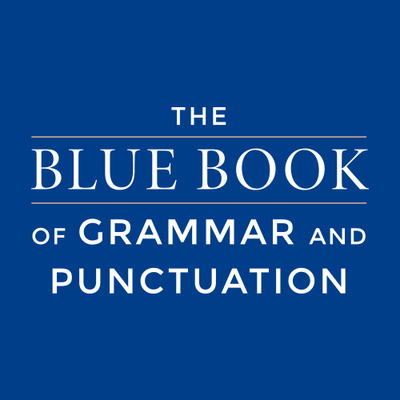Sped Tiger
Junior Member
- Joined
- Mar 1, 2023
- Member Type
- Student or Learner
- Native Language
- German
- Home Country
- Germany
- Current Location
- Germany
I have just read that when we make lists of words that are all headed by one title ending in a colon, capitalising the first letter of the first word of each sentence and putting any punctuation marks at the end are optional if the list's items are just things and they do not make complete sentences, e.g.:
What we have to take:
1. honey
2. bread
3. water
4. toasts
It can also be:
What we have to take:
1. Honey; (or a comma or a full stop)
2. Bread;
3. Water;
4. Toasts.
But if the items do make complete sentences, capitalisation and "the appropriate punctuation mark at the end" are required. So, my question is "Can I just choose to either put a comma, a semicolon, or full stop at the end?"
That is, can I write:
What happened yesterday:
1. The tree sawn by me was removed;
2. My chainsaw broke down;
3. I accidentally found a rare coin.
Instead of writing the same but with a full stop at each sentence's end?
What we have to take:
1. honey
2. bread
3. water
4. toasts
It can also be:
What we have to take:
1. Honey; (or a comma or a full stop)
2. Bread;
3. Water;
4. Toasts.
But if the items do make complete sentences, capitalisation and "the appropriate punctuation mark at the end" are required. So, my question is "Can I just choose to either put a comma, a semicolon, or full stop at the end?"
That is, can I write:
What happened yesterday:
1. The tree sawn by me was removed;
2. My chainsaw broke down;
3. I accidentally found a rare coin.
Instead of writing the same but with a full stop at each sentence's end?
